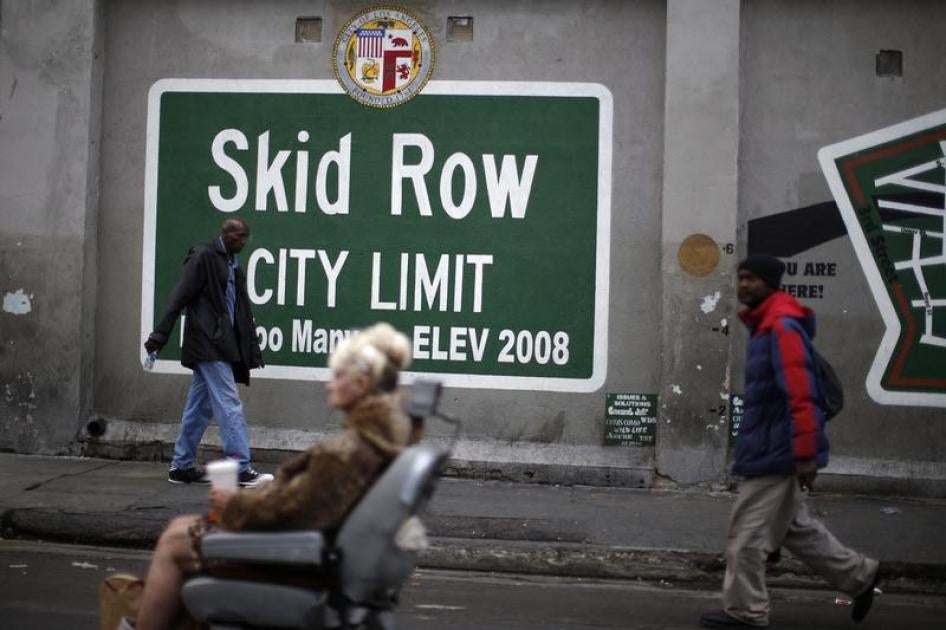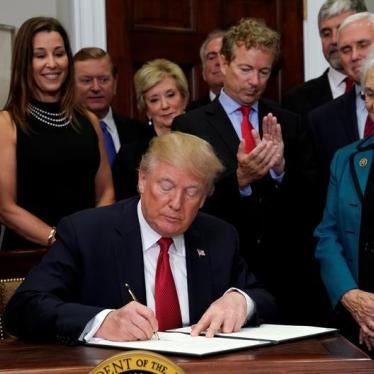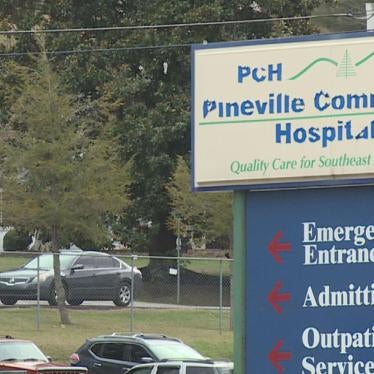“The American Dream is fast becoming the American Illusion.”
That dire warning was issued today by Philip Alston, a United Nations independent expert who just completed a two-week tour examining what he called America’s “great poverty and inequality.”
Alston’s report examines US poverty from many angles – from its “gendered nature” and racial disparities, to the plight of children born into poverty and the suffering of people unable to access basic health care. But it’s also a scathing indictment of US government efforts to roll back poverty and mitigate its worst human rights impacts. He slams the country’s “confused and counterproductive” drug laws and their impact on the poor, accuses state and local governments of relying on criminalization not only to “conceal the problem” of poverty, but also to raise revenue off the backs of the poor. The tax plan working its way through Congress is likely to, “stake out America’s bid to become the most unequal society in the world,” he warns.
Poverty, and the government’s role in addressing it, generates considerable political debate in the US, but there is rarely any reference to the idea that poverty and inequality are human rights issues. The US has not ratified the international treaties that enshrine many of the rights most directly impacted by extremes of poverty and wealth, like education and health. It clings to the Cold War fixation that human rights encompass only the civil and political, and not the economic, social, and cultural entitlements that are just as central to the idea of human dignity as expressed in the Universal Declaration of Human Rights.
US law reinforces these gaps instead of helping to bridge them. The US Supreme Court has held that there is no constitutional right to an education, let alone a quality one, and has never held that there is a right to health care either. Alston describes the US as being almost alone in, “insisting that while human rights are of fundamental importance, they do not include rights that guard against dying of hunger, dying from a lack of access to affordable health care, or growing up in a context of total deprivation.”
One of the most frustrating things about Alston’s report is its pointed reminder that there already exists a legal framework – bolstered by decades’ worth of practical guidance – that describes how governments should address problems affecting peoples’ health, education, and overall well-being. The US has so far steadfastly refused to take advantage of it, but as Alston notes, “denial does not eliminate responsibility.”









